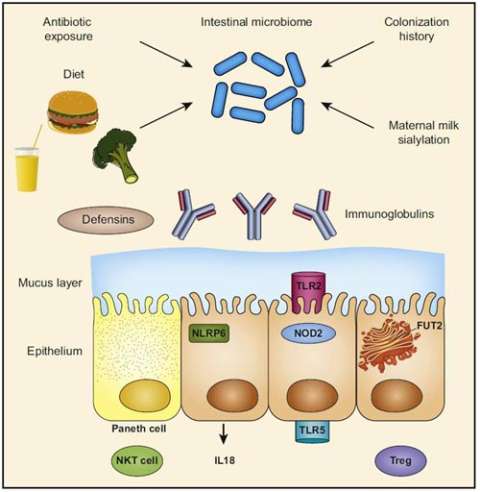Obesity

Obesity has been rapidly increasing in prevalence in recent decades in the United States and other developed countries. This epidemic is associated with increased incidence of diabetes, dyslipidemia and arteriosclerosis as well as certain forms of cancer, including colorectal and pancreatic cancer. There is now considerable evidence that the composition of the intestinal microbiome influences susceptibility to obesity. Dietary interventions are the primary non-surgical treatment for obesity and may be effective in part by acting on the microbiome. Dr. Jacobs has demonstrated in an animal model of obesity that high protein diets cause beneficial changes in gut bacteria that may promote weight loss. The Jacobs Laboratory is now performing a randomized clinical trial of high and normal protein diets to evaluate their effects on the microbiome and determine whether shifts in the microbiome are associated with weight loss. Further experiments will be performed with mice colonized with patient microbiota before and after weight loss diets to investigate how diet-induced changes in the microbiome affect obesity.
Recent data also suggest that the intestinal microbiome can mediate response to anti-obesity surgeries. The Jacobs Laboratory is collaborating with the Ingestive Behavior and Obesity Program to study changes in the microbiome after sleeve gastrectomy that may mediate weight loss and reduced food intake.